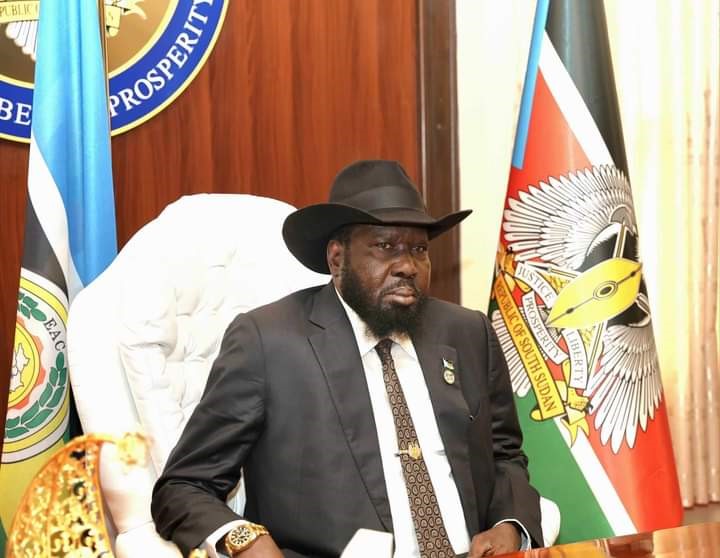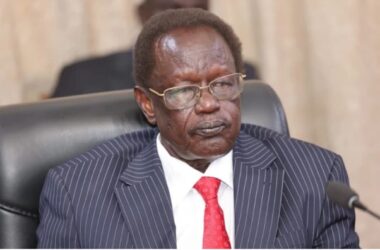By Deng Ghai Deng
President Salva Kiir will review a set of four bills, including the contentious National Security Amendment Act (2024), recently submitted by Speaker Jemma Nunu Kumba to his office, before deciding on signing them into law.
The bills, also include the Road Finance Agreement with Ethiopia, the Treaty on Trade with China, and the Agreement on the Nile Basin Cooperative Framework.
The National Security Amendment Act (2024) has been a focal point of criticism both domestically and internationally.
The Act, as passed by Parliament, retains sections 54 and 55 which grant the National Security Service (NSS) broad powers of arrest without warrant, despite last year’s agreement between President Kiir and First Vice President Riek Machar to remove such clauses.
The Press Secretary in the Office of the President, Ms. Lily Adhieu Martin Manyiel, told No. 1 Citizen Newspaper that President Kiir intends to meet with the Minister of Justice and legal advisors to conduct a thorough examination of each bill.
“While the Parliament has already passed the Bills, the President is expected to meet with the Minister of Justice and his legal team to further study the Bills before signing them into Laws,” Lily said in a statement to this outlet.
This process, aimed at ensuring alignment with national interests and compliance with existing legal frameworks, underlines the delicate balance between security concerns and the protection of fundamental rights in South Sudan.
This move has drawn condemnation from various human rights organizations, including Amnesty International, who argue that these powers are prone to abuse and are incompatible with international human rights standards.
The controversy surrounding the National Security Amendment Act (2024) reflects broader challenges facing the country in its post-conflict transition.
Since gaining independence in 2011, South Sudan has grappled with internal conflict and instability, exacerbated by issues of governance, human rights abuses, and the spread of armed groups.
The role of security forces, including the NSS, has been a contentious issue, with accusations of arbitrary detention, torture, and suppression of dissent persisting despite efforts at reform.
President Kiir’s deliberations on these bills are seen as a critical juncture in shaping the future trajectory of South Sudanese governance and security policy.
International observers and rights advocates are closely monitoring developments, urging for amendments that strengthen human rights protections and foster accountability within the security apparatus.
As President Kiir weighs the implications of signing the bills into law, stakeholders both within South Sudan and abroad await the outcome of this critical decision, which could significantly impact the country’s path towards stability and respect for human rights.




